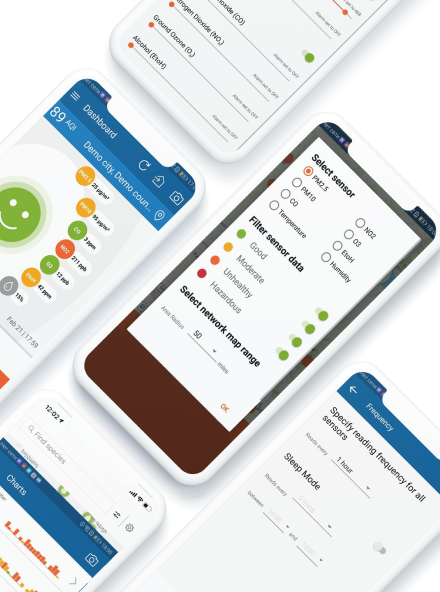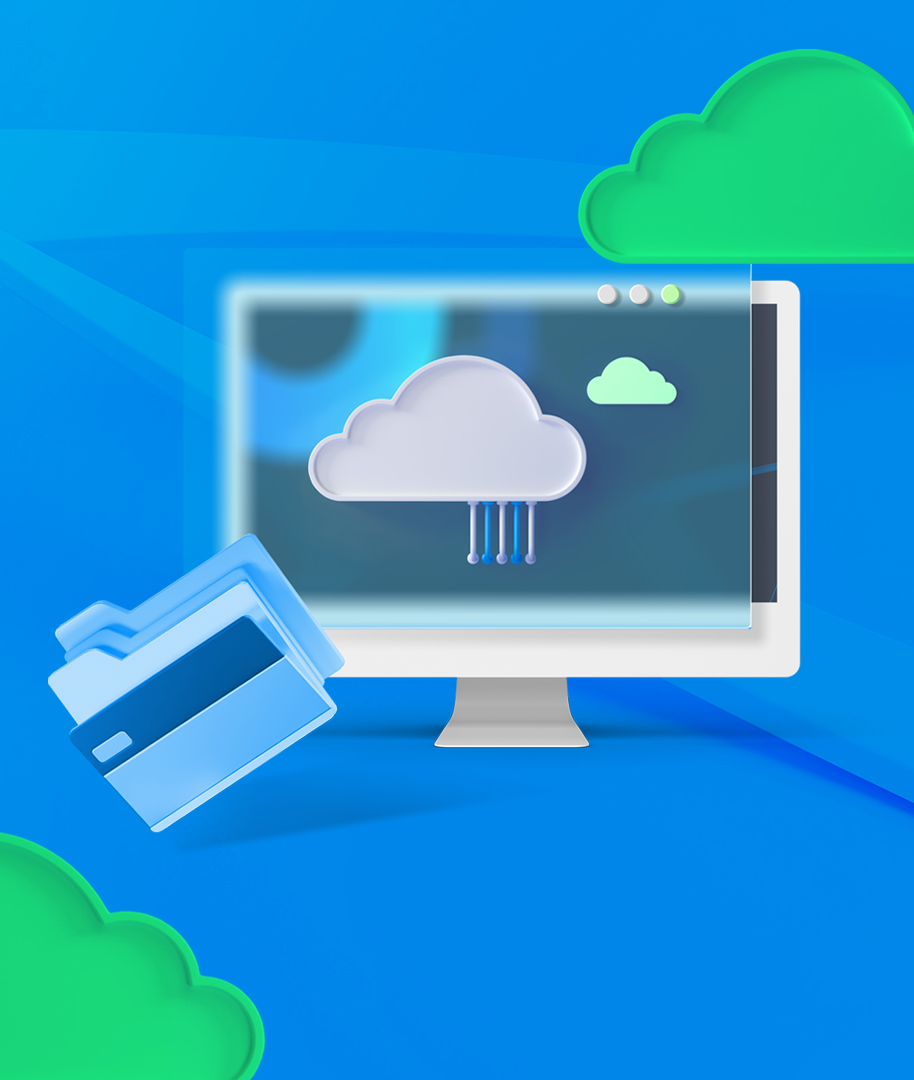
Why Is Python So Popular and What Makes It Unique?
28 Nov 2023

Flexibility, stability, versatility, and availability of various tools – these are only some of the reasons behind the rising popularity of Python in recent years. In the following interview we will get to the bottom of why Python has become the center of attention in the programming world first-hand from our Python Team Lead Ruben Ghafadaryan.
Why is Python so popular? How do you explain its rising popularity?
Well, there are multiple reasons, both objective and subjective, behind Python’s rising popularity.
- First, Python is easier to learn for a beginner than “traditional” programming languages like C++. Why is this such a great advantage? Because it enables beginner programmers to focus not on the how, but the what. In other words, with Python, they start tackling programming problems faster than they would with other languages.
- The second reason behind Python programming language’s popularity is that it has simple infrastructure yet powerful functionality.
- The language is portable, which means that you can run Python code across various platforms.
- The Python boilerplate is quite small as compared to that of other languages, which means that it takes much less time to set up, hence enabling developers to start working on solving actual programming problems almost immediately.
- Python modules and packages help make the language an attractive choice for both programmers and clients. Programmers utilize the ready building blocks to write code faster, which means less development time. This, in turn, helps the clients cut development costs by as much as 20-30% for a similar solution built in a language like C++, for example.
- Python is the language of automation and has far-reaching applications. It is the gold standard for ML and AI applications and is one of the top 2 languages (along with R) for Data Engineering and Data Science. As such, it not only is trendy in programming, but is also widely used in QA and DevOps.
- One subjective reason behind Python’s rising popularity is that this programming language is hot right now – simple as that. It’s the reason many beginners get into programming in the first place – they’re basing their decision on the many success stories of their friends and acquaintances who used Python as a tool to pave their way into development stardom.
What do you find fascinating about working with Python? What makes Python unique?

What I find fascinating about Python is that it’s simple, but not simplistic. While its easy syntax allows for easy learning, mastering Python is an entirely different thing. Once you become proficient enough, Python gives you the tools to solve virtually (pun intended) any software development problem. For comparison, a problem that would take me 10-20 minutes to solve with Python, would take me hours to solve with JAVA, for example.
What has been one of the most interesting projects you have worked on with Python?
We’ve had many Python projects in VOLO ranging from transport management platforms to AI-based content management solutions.
We have a long-standing project that utilizes Python for Image Processing for a company that ensures security and compliance in supply chains. We helped them create invisible watermark labels that enable the detection and prevention of counterfeit products.

We’ve also had an interesting project where we used Python for Machine Learning. It was a dynamic pricing solution for a major airline company’s revenue management system. In a nutshell, we leveraged Python’s ML capabilities to create a predictive analytics model that would take into account all possible criteria and circumstances such as market conditions and the buyers’ specific behavior to help airlines offer highly customized prices to their clients.
For what kind of problems would you recommend using Python (potentially in combination with other languages)? What is Python good for?
In combination with other languages, Python is an excellent choice for
- CI/CD and DevOps
- Machine Learning
- Data Science
- Web applications
- Proof-of-concept solutions or prototypes for web apps or locally running native applications.
I also strongly feel that it’s great for teaching the basics of programming and helping develop an algorithmic mindset. Not to sound too radical, but maybe it’s time to replace Pascal as the intro language in the Armenian education system with something more modern.
In your opinion, what is the future of Python? Where will Python be used in future applications?
In addition to its current applications, I feel like Python will continue to gain increasing importance in- IoT solutions
- Mobile apps (some companies have started to dabble in this already)
- Generally in solutions where speed and performance are not critical, e.g. offline data analytics.
Final Words
If you are looking for a Python development team for your next project, contact us here and we will help you understand your project requirements and walk you through the whole development process.
More helpful resources:
- Everything You Need to Know about Python
- Dynamic Pricing: Using Python to Edge out the Competition



